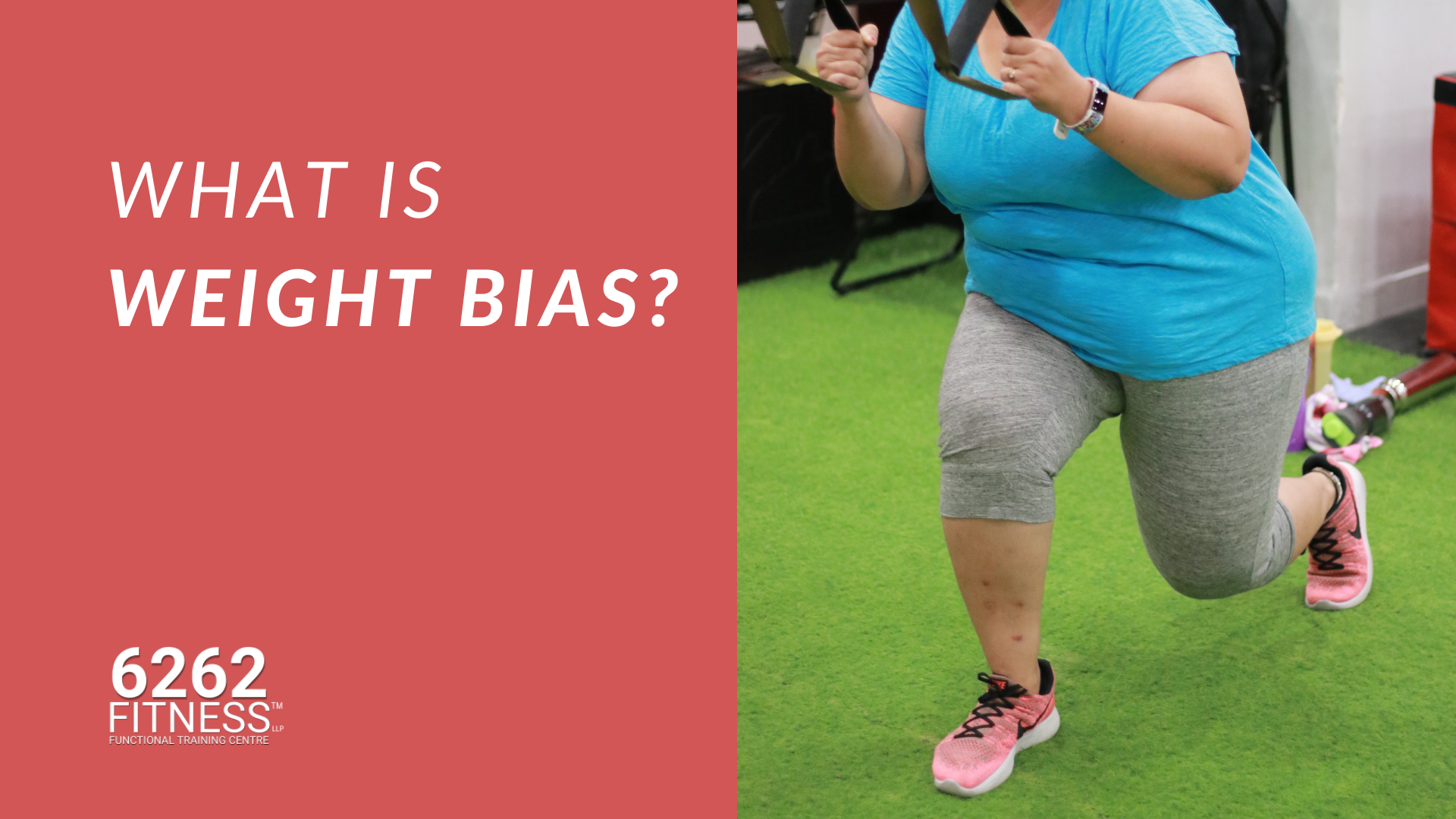
“Move aside, FATSO!”
“Look at your physique, not even worth being a cheerleader”
INTRODUCTION
Usually, you encounter such remarks in your high school, or at your workplace. These remarks usually make you conscious of your existence or even feel remorse that you’re being treated this way. This unethical treatment is known as Weight Bias.
Weight bias is tossed with several terms such as obesity action condition, weight stigma, etc.
Weight bias nowadays is mentioned over every social media platform. People have started taking measures against it, making it sound like an issue but, WHAT IT IS? WHERE DOES IT OCCUR? HOW TO IDENTIFY IT?
MEANING
Well basically, weight bias is all about negative attitudes, judgments, comments, beliefs, remarks, acts based on an individual’s weight. This can occur anywhere and everywhere; your workplace, employment, education, society, healthcare, or relationships.
It can take many forms, oral, verbal, written, media, over the internet, and more. It sabotages a person’s mental balance and causes great disturbance to an individual’s overall personality. Weight bias generally marginalizes people with obesity and has psychological side-effects, such as improvising personal comfort, introversion, and deduced confidence.
Read more: Exercises to Avoid for Shoulder Impingement
DIFFICULTIES
You might be thinking, “Weight bias is such a bad thing, we need to stop it as soon as possible.” That’s simpler said than done. People with weight issues are often considered dull, lazy, and not competent in doing anything. This idea is the basis that makes overcoming weight bias a tedious task. Social anxiety is developed within such individuals due to prevailing norms making the job all the more difficult to accomplish.
OVERVIEW
Coming back to addressing the issue, weight bias not only reflects people who are obese but also people being underweight & having eating disorders. This bias affects a wide spectrum of weight-affected individuals. It is connected with anxiety disorder, personality disorder, depression, low self-esteem, or sometimes even body image issues. Evidence brings upon us that body personality is directly proportional to the mortality rate these days which makes weight the number one factor amongst it.
Weight bias promotes eating disorders and anxiety issues which indicates no positive change in a person’s internal routine. People facing weight bias as an issue may start with a higher risk of irrelevant eating disorders such as extreme fasting or on the contrary binge eating.
The next thing which would probably come to your mind is how to identify what is happening with you is weight bias?
Weight bias is not only filthy remarks based on one’s body image or weight solely, this thing is all based on perspectives that arise in people’s minds due to one’s body issues. This may include making fun, body shaming, or even torture when it’s on the extreme level.
You would now be recalling a time when your peers and you may be discussing a stranger stereotyping him/her about the way he/she is looking and immediately making presumptions.
Regretting enough?
Evidence is clear that people who are considered average or thin are not included in this issue in comparison with people with large bodies or extremely thin bodies. From discrimination starting within the circle to the discrimination in your society, many stages are encountered.
Read more: Why Are Bodyweight Exercises Harder Than Weights
STAGES FOR THE BIGGER PROBLEM
The first one being the school environment: young children being teased because they are larger than the usual ones. The second stage is when you grow up and move around in the city and encounter weight bias in high school. This time it takes a wild turn and edges up higher. Teenagers start almost torturing their peers having weight stigma. The next stage is your workplace or your employment. Recruitment may also be considered different, and your colleagues may treat you differently from others considering your stigma.
CONCLUSION
Now that we’ve finished discussing it, let’s discuss how we can overcome it.
Getting over such an issue may be tremendously tough, and unattainable but higher levels of education and a widened approach towards humanity can make this somewhat easier to attain. This can begin with the healthcare industry where professionals start treating patients with a non-weight-centric approach, and then gradually with educational and social backgrounds.
Eliminating weight bias means clearing out prescriptions that come to your mind when you think negatively about an individual’s body size. This can only be controlled if we take in mind that, in the end, everyone is special in their own way, irrespective of their body types or issues. Motivating people towards the positive side is more of what we need right now.



